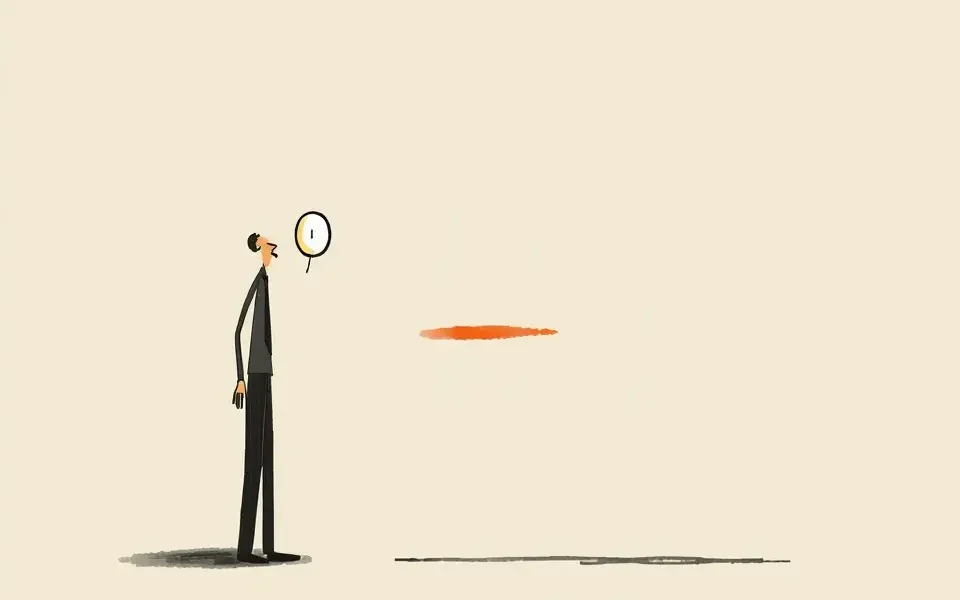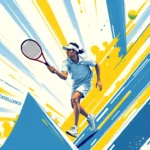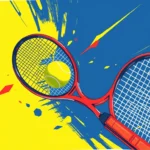In a recent interview, Toni Nadal, the uncle and former coach of tennis legend Rafael Nadal, shared a candid reflection on their years of collaboration. While reminiscing about the countless hours spent honing Rafael’s skills on the court, Toni revealed a surprising detail: despite their relentless efforts, they “never could get the serve right.” This admission offers a fascinating glimpse into the challenges faced even by one of the greatest athletes of all time.
Early Days at Manacor
Toni Nadal’s coaching career began at the Manacor Tennis Club, where he trained young players, including his nephew Rafael. He has often said that he enjoyed these early years the most, finding the development stage more rewarding than the later years of Rafael’s professional career. According to Toni, the best moments weren’t the Grand Slam victories but the daily grind of trying to improve Rafael’s forehand, backhand, and serve.
“Many have asked me about the best moment I lived with Rafael,” Toni shared. “I was lucky to live through some incredible moments, but none were as good as those early days at the Manacor Tennis Club, trying to get us improve our drive, our backhand, or our serve.” He added with a chuckle, “We never could get the serve right though.”
The Unconventional Left-Handed Advantage
One of Toni Nadal’s most impactful decisions was to encourage Rafael to play left-handed, even though he was naturally right-handed. Goran Ivanišević, Novak Djokovic’s former coach, described this choice as “genius,” noting that it fundamentally shaped Rafael’s career.
Ivanišević explained, “Nadal is naturally right-handed. His uncle made him switch hands somehow, and who knows if Nadal would’ve been as good had he stayed right-handed?”
The advantages of being a left-handed player in tennis are well-documented. Left-handers often create uncomfortable angles for right-handed opponents, disrupting their usual game plans with different spins and placements.
“It’s traditionally tough to play left-handers in tennis,” Ivanišević emphasized. “The spins are different; everything changes. Your whole game plan changes when you’re playing a lefty. Everything just feels off when you’re up against them.”
While Rafael Nadal may not be known for having the most powerful serve, his left-handed delivery became incredibly effective due to its unique spin and placement.
“He never had a crazy good serve,” Ivanišević noted, “but because he’s left-handed, his serve was still super effective. He’d pull you way out wide, and then you’re defending with a backhand or a forehand. If he were right-handed, that serve wouldn’t have been half as effective.”
The Relentless Pursuit of Improvement
Despite the challenges, Toni Nadal instilled in Rafael a relentless work ethic and a constant drive for improvement. He emphasized the importance of mental toughness, discipline, and a solid set of values.
Toni’s coaching philosophy revolved around three key pillars: technical proficiency, strong character, and a commitment to values. He is known for his ability to instill mental fortitude in Rafael, making him a formidable competitor on the court.
Toni has spoken about the six core values that he believes are essential for success:
- Humility: Recognizing one’s place in the world and avoiding arrogance.
- Overcoming obstacles: Developing the ability to face and conquer challenges.
- Attitude: Maintaining a positive and determined mindset.
- Discipline: Committing to the hard work and dedication required for improvement.
- Perspective: Keeping a balanced view and understanding the bigger picture.
- Resilience: Bouncing back from failures and setbacks.
A Shift in Youth Sports
Toni Nadal’s reflections also touched on the changing landscape of youth sports. He expressed concern that young athletes today often have an environment that makes them believe they are better than they actually are, hindering their development.
“Nowadays it’s very difficult to work with young people who have an environment that sometimes makes them believe that they are better than they really are,” he noted.
In contrast, during Rafael’s formative years, the focus was on growth, small daily victories, and the pure love of the sport. Mistakes were seen as opportunities for learning, and improvement was its own reward.
The Coaching Split and Legacy
After a remarkable 27-year partnership, Toni Nadal stepped down as Rafael’s coach in 2017. Together, they achieved unprecedented success, winning 16 Grand Slam titles, an Olympic gold medal, and numerous other accolades.
Since then, Rafael has worked with other coaches, including Carlos Moya and Francisco Roig, adding five more Grand Slam titles to his impressive resume before retiring.
Toni Nadal’s legacy extends beyond his coaching achievements. He is widely respected as a mentor, a leader, and an inspiration to athletes around the world. His emphasis on values, mental toughness, and relentless hard work has shaped not only Rafael Nadal’s career but also the lives of many others.
Currently, Toni Nadal serves as the Head Coach at the Rafa Nadal Academy, where he continues to develop young talent and instill his coaching philosophy. He is also a sought-after speaker, sharing his insights on sports, leadership, and personal development with audiences around the world.
A Lasting Impact
Even though they “never could get the serve right,” Toni and Rafael Nadal built something far more significant: a bond forged in effort, humility, and a shared love for tennis. Their story serves as a reminder that success is not just about talent but also about the values, the work ethic, and the relationships that shape us along the way.








No Comment! Be the first one.